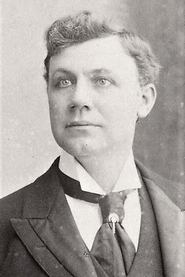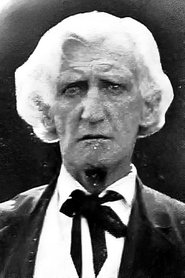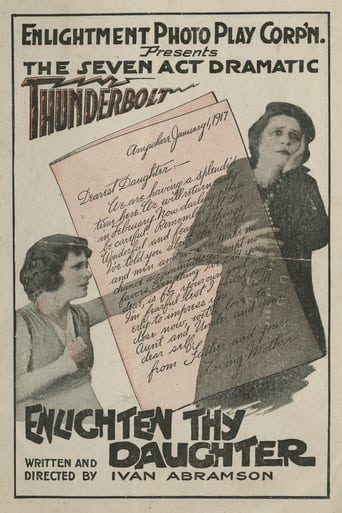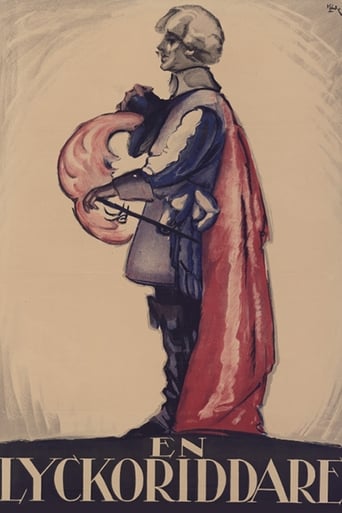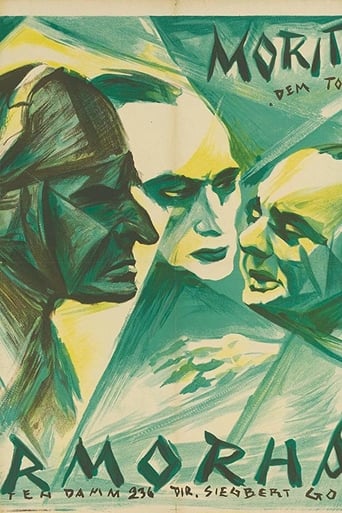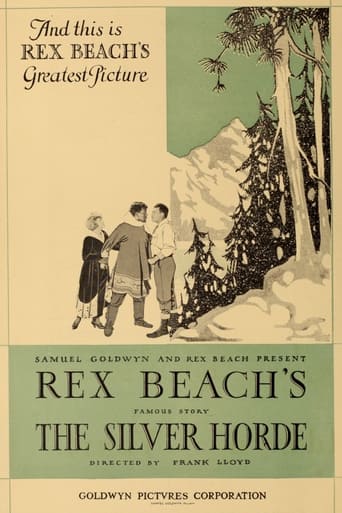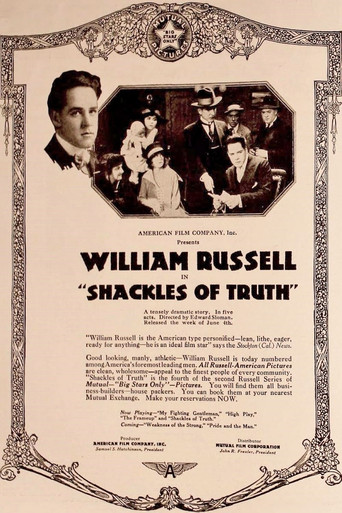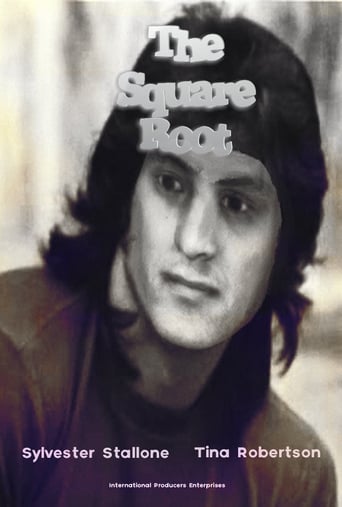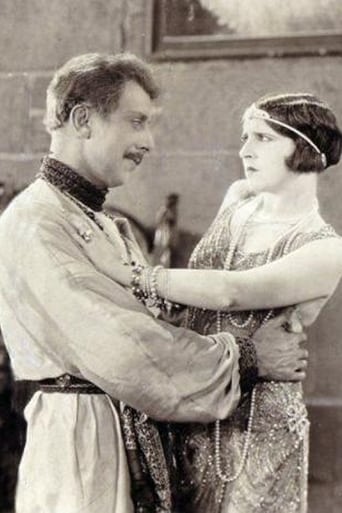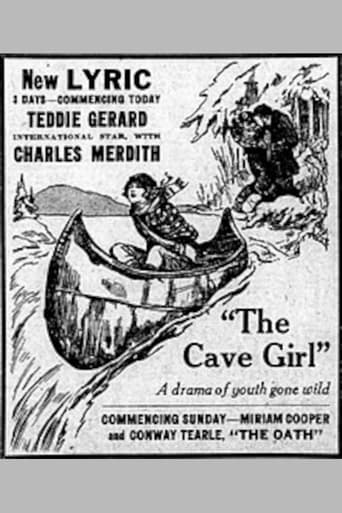
The Labyrinth
Café singer Florence Burgess, a café singer secretly supports her lame sister Frances, one day she catches the eye of theatrical manager Oscar Morse, who offers her an engagement. However, when they meet, he makes inappropriate advances, which Florence rejects. Out of work after her café closes, Florence tricks Morse by getting him drunk and having him sign a substitute contract, starring her in a show called "The Green Goddess." Now successful and using the stage name Flo Burke she takes a rest at a country hotel. She meets and falls in love with Fenton, a minister whose earlier efforts led to the closure of her old café. Unaware of her true identity, Fenton tells her about his missionary work. Florence keeps her identity secret, saying she is the sister of Flo Burke, and falls in love with him. After hearing Fenton preach, Florence decides to leave the stage, but Morse demands a large forfeit, effectively binding her to her theatrical contract.

